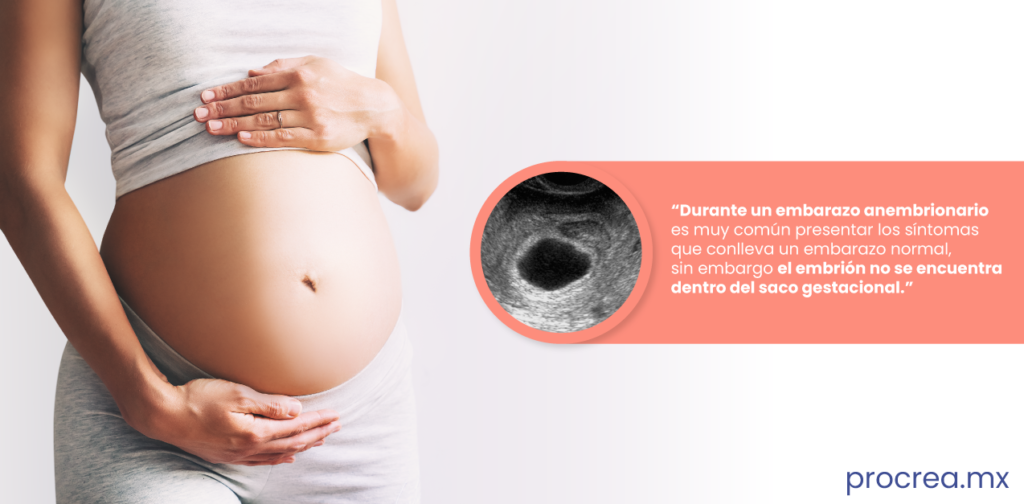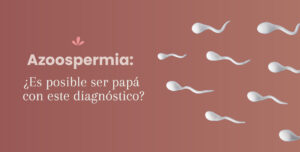- Blighted Ovum Pregnancy is a type of pregnancy in which there is an intrauterine gestational sac without an embryo. In such cases, typical pregnancy symptoms often occur, but the primary consequence is that the pregnancy cannot progress, ultimately resulting in a miscarriage. If you have questions about this topic, don't worry; we're here to provide all the information you need.
Why Does It Happen?
The main reason for a Blighted Ovum Pregnancy is the abnormal development of the embryo, preventing the formation of cells and tissues, ultimately leading to an empty gestational sac. This abnormal development is usually due to chromosomal and genetic abnormalities that arise during the fertilization of the egg.
Other potential causes may include:
- Infection
- Autoimmune diseases
- Endocrine disorders
- Uterine tissue abnormalities
It is important to note that during a Blighted Ovum Pregnancy , it is quite common to experience symptoms typically associated with a normal pregnancy. In the early stages, when the embryo ceases to develop, these symptoms gradually subside. Common symptoms may include dizziness, nausea, fatigue, and a missed menstrual period, among others.
In most cases, this type of pregnancy goes unnoticed because a pregnancy test will consistently yield a positive result since it detects the cells of the gestational sac, even if it's empty. Unfortunately, there are no factors related to a woman's characteristics that can predict this type of pregnancy. However, age increases the risk of pregnancy complications.
How Is a Blighted Ovum Pregnancy Diagnosed? Blighted Ovum Pregnancy?
The only way to confirm a Blighted Ovum Pregnancy is through transvaginal ultrasound or sonography. This diagnostic tool reveals the presence of a gestational sac without an embryo. It is essential to perform this procedure at least twice to confirm the absence of an embryo and ensure that the pregnancy is not viable.
If you have been diagnosed with this type of pregnancy at any point, it is crucial to undergo further evaluation to ensure it does not recur and to determine the necessary steps to achieve a healthy pregnancy. If natural conception is not possible, treatments are available as an option. Assisted Reproduction.
If you have experienced multiple pregnancy losses or have concerns about this topic, please reach out to usOur certified specialists in the field and are dedicated to supporting you. We understand that this can be a challenging process, and at Procrea, our priority is to ensure that you feel accompanied and well-informed.















